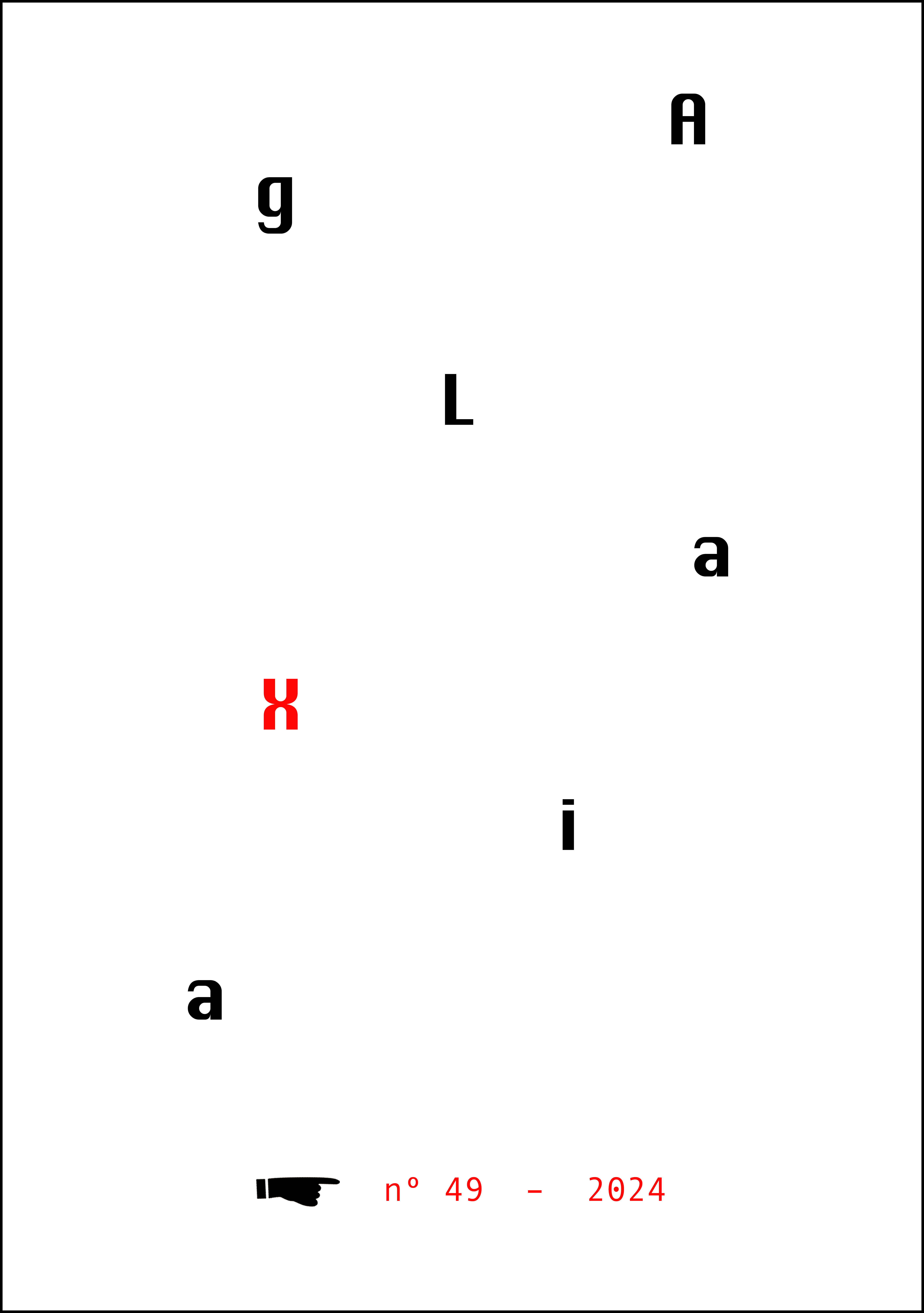The globalization of the State of Exception as an imaginary cycle of futurist movies
Keywords:
imaginary cycles, states of exception, sci-fi, futuristic moviesAbstract
The image of the future in sci-fi movies is made from the imaginary contexts of each era. These contexts elaborate thematic cycles that appear over time. This paper aims to discuss the emergence of the culture of citizen surveillance, which is present in our time. This culture is constantly present in sci-fi movies, especially in films movies that take place in dystopian futures. We are interested in its implications in social arrangements, and we chose as the object of discussion the films THX 1138, Brazil and Minority Report. These films movies show possibilities of surveillance and control that are particularly different from each other, but they have in common share societies in a constant state of emergency, which war, ultimately, is waged against its own citizens. They are futuristic films, but also mirrors of a present in which governments classify their citizens in different conditions of political protection.
References
AGAMBEN, Giorgio. Estado de exceção. São Paulo: Boitempo Editorial, 2003.
AGAMBEN, Giorgio. Homo Sacer – o poder soberano e a vida nua. Belo Horizonte: Editora UFMG, 2007.
AGAMBEN, Giorgio. Meios sem fim – notas sobre política. Belo Horizonte: Autêntica Editora, 2015.
AMARAL, Adriana. A potência do imaginário de Neuromancer nas origens da cibercultura. In: GIBSON, William. Neuromancer. São Paulo: Editora Aleph, 2016.
BAUDRILLARD, Jean. Simulacros e simulação. Lisboa: Relógio d’Água, 1991.
BENTHAM, Jeremy. O panóptico. Belo Horizonte: Autêntica, 2000.
BERARDI, Franco. Depois do futuro. São Paulo: Ubu Editora, 2019.
BRAUDEL, Fernand. A dinâmica do capitalismo. Rio de Janeiro: Editora Rocco, 1987.
CARROLL, Noel. The Philosophy of Horror. Nova York: Routledge, 1990.
CASTORIADIS, Cornelius. A instituição imaginária da sociedade. São Paulo: Editora Paz e Terra, 2000.
DANTO, Arthur. C. After the end of art: contemporary art and the pale of history. Princeton: Princeton University Press, 1997.
DEBORD, Guy. A sociedade do espetáculo. São Paulo: eBooksBrasil.com, 2003.
DODSON, John. R. Man-hunting, Nexus Topography, Dark Networks and Small Worlds. Iosphere, p. 7-10, dez./fev., 2006.
FOUCAULT, Michael. Vigiar e punir – nascimento da prisão. Lisboa: Edições 70, 1994.
GREGORY, Derek. Lines of Descent. In: Open Democracy, nov. 2011. Disponível em: http:// www.opendemocracy.net/derek. Acesso em: 9 nov. 2023.
HARDT, Michael; NEGRI, Antonio. Império. Rio de Janeiro: Record, 2001.
HARTOG, François. Regimes de historicidade: presentismo e experiências do tempo. São Paulo: Autêntica, 2013.
MILLER, Jacques-Alain. A máquina panóptica de Jeremy Bentham. In: O Panóptico. Belo Horizonte: Autêntica, 2000.
MINOIS, Georges. A história do futuro – dos profetas à prospetiva. São Paulo: Editora Unesp, 2015.
MORIN, Edgar. Cultura de massas no século XX – o espírito do tempo i: neuroses. Rio de Janeiro: Forense Universitária, 2002.
MORIN, Edgar. The Cinema, or The Imaginary Man. Minneapolis: University of Minnesota Press, 2005.
PENLEY, Constance. Time Travel, Primal Scene and the Critical Dystopia. In: KHUN, Annette (org.). Alien Zone: Cultural Theory and Contemporary Science Fiction Cinema. London: Verso, 1990.
SHORT, Sue. Cyborg Cinema and Contemporary Subjectivity. Londres: Palgrave Macmillan, 2005.
SONTAG, Susan. The Imagination of Disaster. In: Against Interpretation and other Essays. Nova York: Picador, 2013.
TELOTTE, J. P. Science Fiction Film. Cambridge: Cambridge University Press, 2004.
VASCONCELLOS, João. Imaginário social, literatura e suas representações na gestão brasileira. In: Revista Interdisciplinar de Gestão Social, v. 5, n. 2. Salvador: UFBA, 2016.
ZUBOFF, Shoshana. Big Other: Surveillance capitalism and the prospects of an information civilization. In: Journal of Information Technology, Londres, v. 30, p. 75-89, março, 2015.
Downloads
Published
How to Cite
Issue
Section
License
Copyright (c) 2024 Galaxia

This work is licensed under a Creative Commons Attribution 4.0 International License.
I cede the copyrights to publication of my article to Galaxia journal and will consult the journal’s scientific editor should I decide to republish it later in a book.



 Este obra está licenciada com uma Licença
Este obra está licenciada com uma Licença 